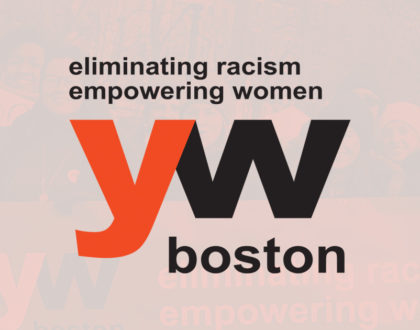It’s time to ensure everyone a seat at the table on public boards

No doubt many of us watched with pride and emotion as Judge Ketanji Brown Jackson’s appointment to the US Supreme Court was recently confirmed by the Senate. At last, the Supreme Court will look more like America with a Black woman justice seated. But closer to home, in leadership positions on prominent Massachusetts public boards and commissions, the appointment of women of color remains rare.
What is the impact of the lack of representation of Black people on a powerful body such as the Supreme Court, and what difference does it actually make that Justice Jackson is there now?
Let us reflect upon what most jurists agree is the worst decision the Supreme Court ever made: Plessy v. Ferguson, in 1896, which codified the doctrine of separate treatment for separate races as the law of the land. In fact, it is the vestiges of this very decision that we seek to finally dismantle with proposed new legislation on Beacon Hill.
Had Justice Jackson been a member of the court in 1896, she could have shared knowledge to which she had access solely because of her membership in Black communities, and perhaps that knowledge could have influenced the perceptions—and thereby the beliefs and decisions—of the white justices who voted that day.
Our tax-funded public boards and commissions have outsized impact on education, health care, labor, development, and more.
Currently, women and people of color account for 52 percent and 28 percent, respectively, of the Massachusetts population yet they are significantly underrepresented in leadership positions. In fact, on 50 of the state’s most prominent public boards and commissions, women account for 34 percent of board chairs, people of color account for 10 percent of board chairs, and women of color account for only 6 percent of those holding such posts. Since 2019, there has been some increase in the number of white women and men of color in board leadership positions, but zero gains for women of color.
Here in Massachusetts, it is time to use this data to fuel the legislative discussions and actions necessary to meaningfully address this disparity.
The statewide Parity on Board Coalition, led by YW Boston, works to address the diversity gap between our state’s population and representation on our public boards and commissions. The coalition advocates passage of “An Act to Ensure Gender Parity and Racial and Ethnic Diversity on Public Boards and Commissions” (S.2077/H.3157), which will ensure that the composition of each public board and commission broadly reflects the general public of the Commonwealth.
Being appointed to a board or commission is often a first step for a person interested in becoming more involved in civic life, public policy, and public service. An appointment opens the door to relationships and experiences they could not receive anywhere else. By more accurately representing the public, parity on public boards better ensures that policy decisions made by boards take into account the needs and positions of all stakeholders.
This article was originally published by CommonWealth Magazine. You can access the full version here.
___
About YW Boston
As the first YWCA in the nation, YW Boston has been at the forefront of advancing equity for over 150 years. Through our DEI Services—such as InclusionBoston and LeadBoston—as well as our advocacy work and F.Y.R.E. Initiative, we help individuals and organizations change policies, practices, attitudes, and behaviors with a goal of creating more inclusive environments where women, people of color, and especially women of color can succeed.
